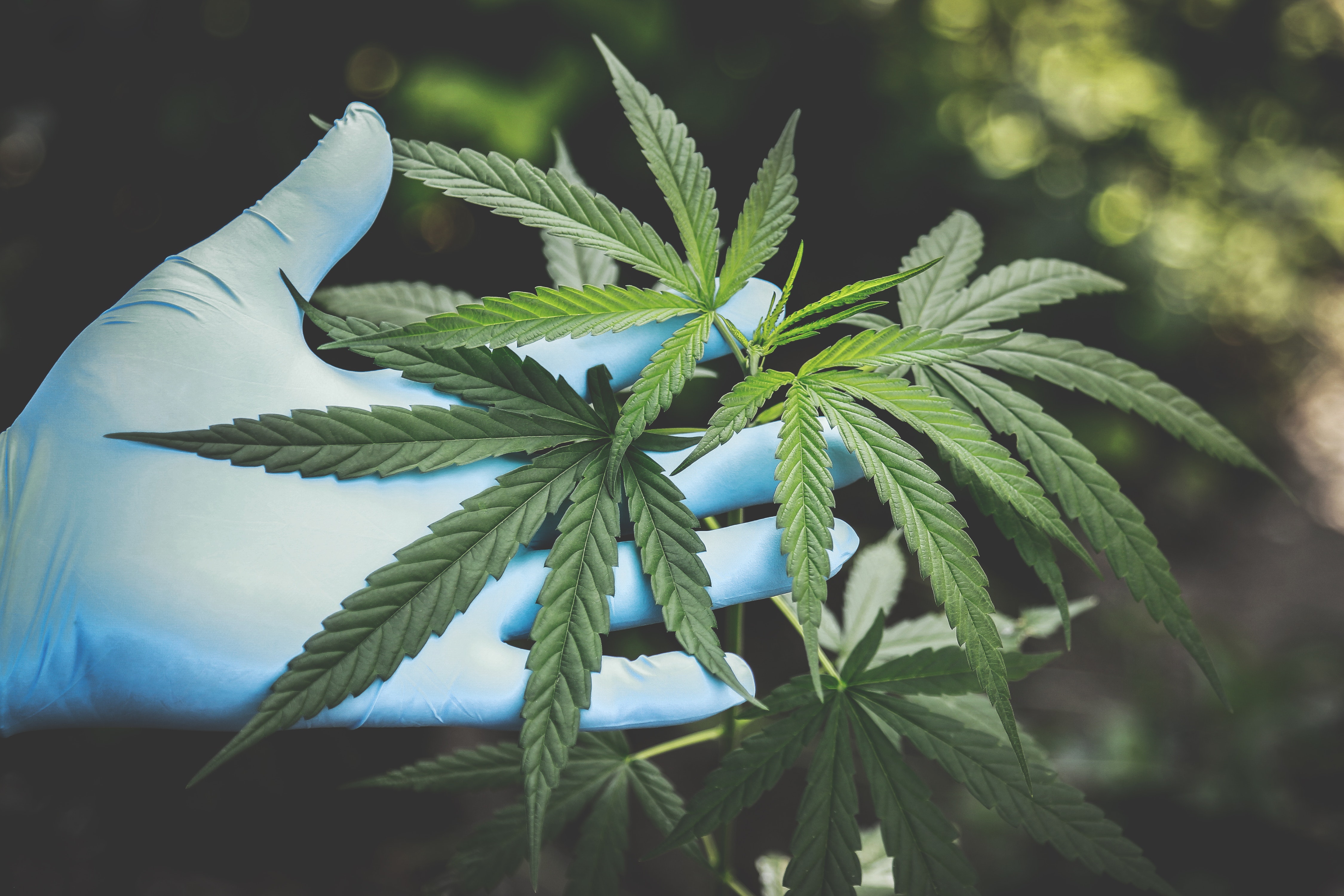There is an urgent need to find new treatments that complement the use of vaccines and antiviral drugs to combat the COVID-19 pandemic. Our interdisciplinary research team uncovered evidence that cannabidiol (CBD), a non-psychoactive compound produced by cannabis plants, has the potential to inhibit SARS-CoV-2, the virus that causes COVID.
Views 2529
Reading time 3 min
published on May 18, 2023
The COVID-19 pandemic, which produced wide-spread devastation including over one million deaths in the United States alone, is caused by the coronavirus SARS-CoV-2. COVID continues to spread across the world even in countries with high vaccination rates and especially to those who lack access to vaccines. As breakthrough infections become more common, scientists have focused their attention on discovering new therapies for people infected by the coronavirus and its emerging variants.
We are an interdisciplinary team of researchers from the University of Chicago. Recently, we found evidence that cannabidiol (CBD), the main non-psychoactive ingredient in cannabis plants, can inhibit infection by SARS-CoV-2. We demonstrated this in three key ways. A set of studies in cultured human cells, animals, and humans were conducted to identify an effective bioactive in an accelerated way.
First, we tested the antiviral potential of a number of small molecules that target host stress response pathways, including CBD. CBD is one of the class of natural products produced by hemp plants. Our results showed that CBD can stop SARS-CoV-2 replication in a cell model for studying respiratory infections. CBD acts up to 15 hours after infection by the COVID virus or a, b, or g variants. Thus, it might be effective early after viruses enter cells. CBD functions in part by inducing interferons that act as antiviral agents. Second, we showed in an animal model that 7 days pretreatment with CBD lowers the amount of virus found in the lungs and nasal passages of mice exposed to SARS-CoV-2. In a practical sense, we demonstrated that CBD has potential to prevent an infection. Finally, we discovered evidence in humans, using the National COVID Cohort Collaborative data. The incidence of positive COVID tests for patients who have been taking FDA-approved, medically prescribed CBD as a treatment for epilepsy is lower than in comparable patients. These findings suggest that daily CBD supplementation has potential use to prevent infection. As variants of concern are more likely to cause breakthrough infections, it would be ideal if a natural, protective supplement were available for this application.
In the grand scheme of things, it is too soon to run out and get CBD products to shield you in addition to mask-wearing, physical distancing and hand hygiene. Our team showed that the bioactive was only effective in high quality, specialized formulations. It was a very high dose that allowed sufficient amounts of CBD to enter the bloodstream. Closely related cannabinoids such as CBDA, CBDV and CBG were not effective at comparable doses.
In case you were wondering, smoking marijuana is definitely not going to help you fight COVID. Our research team showed that THC, the psychoactive ingredient in most cannabis products, is NOT able to block SARS-CoV-2 replication at a physiological dose. In fact, if you combine CBD with THC, the ability to suppress viral replication and fight COVID is lost.
Hemp may be one of the oldest known plants that humans cultivated for medicinal purposes. It remains unknown if CBD can serve to combat virus variants and prevent COVID infections. Yet, our results provide a strong case for conducting a clinical trial to determine whether CBD is effective at preventing or decreasing the severity of COVID infection in people. However, it should be emphasized that the potential use of CBD to protect patients does not replace first lines of defense against COVID including vaccination. We all hope that CBD might have use as a prophylactic or additional early stage therapy, something still needed as the pandemic rages on.
Original Article:
Nguyen, L. C., Yang, D., Nicolaescu, V., Best, T. J., Gula, H., Saxena, D., Gabbard, J. D., Chen, S.-N., Ohtsuki, T., Friesen, J. B., Drayman, N., Mohamed, A., Dann, C., Silva, D., Robinson-Mailman, L., Valdespino, A., Stock, L., Suárez, E., Jones, K. A., … Rosner, M. R. (2022). Cannabidiol inhibits SARS-CoV-2 replication through induction of the host ER stress and innate immune responses. Science Advances, 8(8). https://doi.org/10.1126/sciadv.abi6110
 Health & Physiology
Health & Physiology



